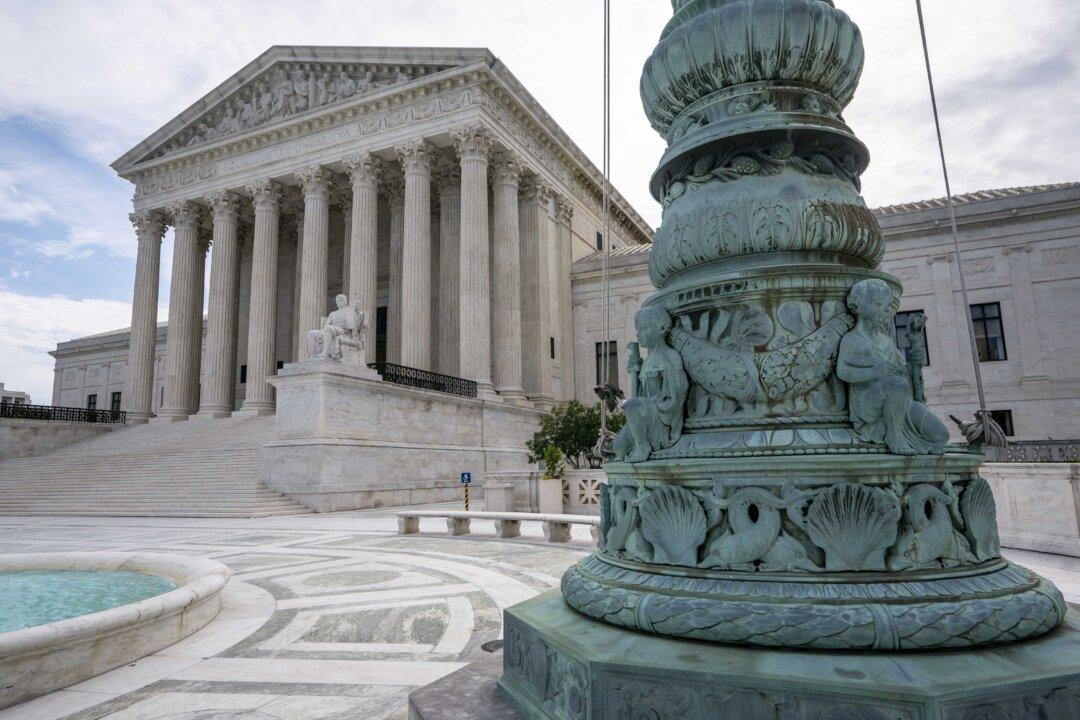The Supreme Court fast-tracked a request by Manhattan District Attorney Cyrus Vance Jr. last week to allow lower courts to move forward ahead of schedule on its ruling earlier this month that a New York grand jury may continue to seek his tax records.
President Donald Trump vowed to fight on after the Supreme Court rejected his claim earlier this month that he enjoys immunity from state criminal proceedings while in office. Trump has refused to make his tax returns available to the public, something that other presidents have been doing for decades.





